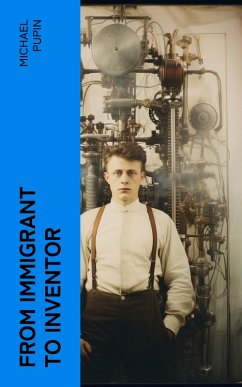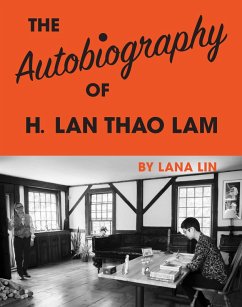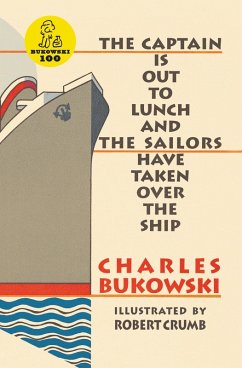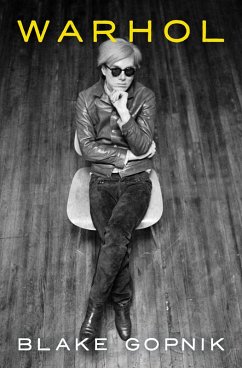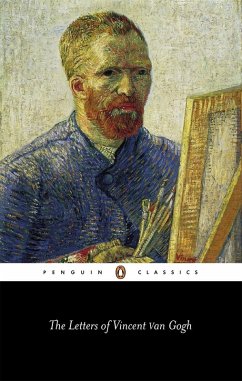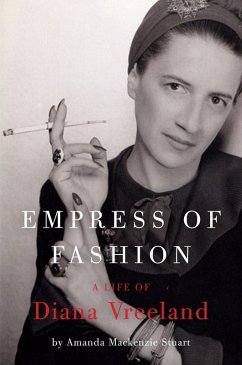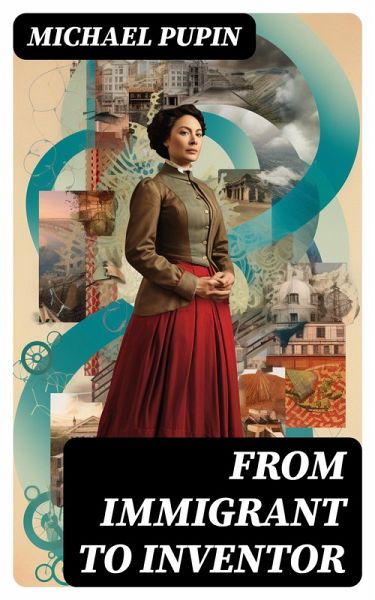
From Immigrant to Inventor (eBook, ePUB)

PAYBACK Punkte
0 °P sammeln!
In "From Immigrant to Inventor," Michael Pupin presents a compelling autobiographical narrative chronicling his extraordinary journey from a humble Serbian village to the heights of American scientific achievement. Written in a reflective and introspective tone, the book intricately weaves together personal anecdotes and broader themes of ingenuity and perseverance. Pupin's prose is imbued with a rich sense of place and identity, drawing on his diverse experiences in both the old and new worlds, allowing readers to grasp the complexity of immigrant life during the late 19th century. His explor...
In "From Immigrant to Inventor," Michael Pupin presents a compelling autobiographical narrative chronicling his extraordinary journey from a humble Serbian village to the heights of American scientific achievement. Written in a reflective and introspective tone, the book intricately weaves together personal anecdotes and broader themes of ingenuity and perseverance. Pupin's prose is imbued with a rich sense of place and identity, drawing on his diverse experiences in both the old and new worlds, allowing readers to grasp the complexity of immigrant life during the late 19th century. His exploration of the challenges and triumphs faced by immigrants in the pursuit of the American Dream provides an evocative context for his groundbreaking contributions to electrical engineering and physics. Michael Pupin, an influential inventor and physicist, was born in 1854 in Serbia and emigrated to the United States at a young age. His academic journey took him from humble beginnings to esteemed institutions, where he earned a Ph.D. from Columbia University. His remarkable inventions, including advancements in X-ray technology, were inspired by both his cultural heritage and the struggles of immigrants, reflecting a deep desire to contribute to society while overcoming personal and societal obstacles. This book is highly recommended for readers interested in the intersections of immigration, identity, and innovation. Pupin's rich storytelling not only provides historical insights into the immigrant experience but also inspires readers to reflect on their own journeys and the spirit of resilience. "From Immigrant to Inventor" serves as a vital reminder of the transformative power of determination and the pursuit of knowledge.
Dieser Download kann aus rechtlichen Gründen nur mit Rechnungsadresse in A, B, BG, CY, CZ, D, DK, EW, E, FIN, F, GR, H, IRL, I, LT, L, LR, M, NL, PL, P, R, S, SLO, SK ausgeliefert werden.




